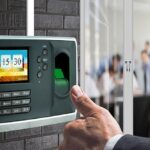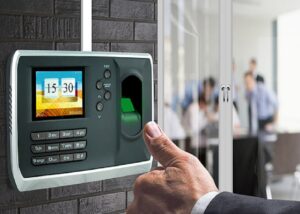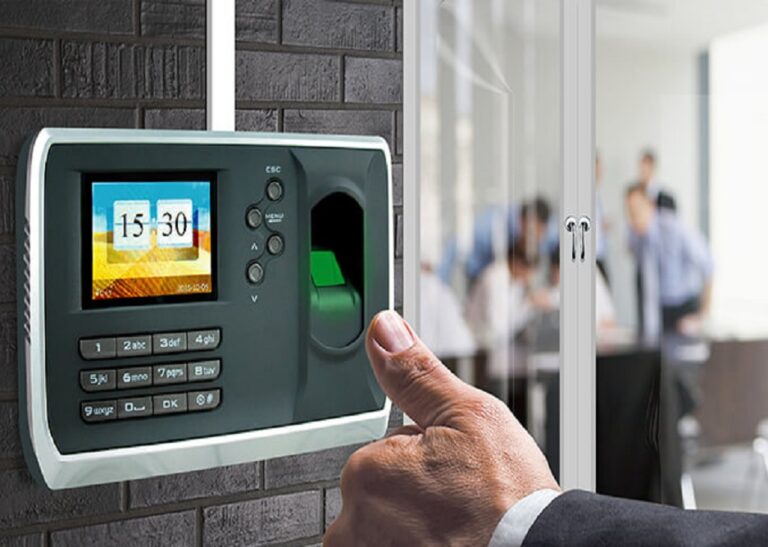The concept of smart spaces is rapidly transforming how we interact with the environments around us. Specifically in Thailand, where urbanization continues to grow, the integration of smart solutions within buildings is becoming more relevant than ever. Advanced building automation is leading this shift, paving the way towards spaces that are safer, more efficient, and increasingly adaptive to human needs.
What is Advanced Building Automation?
Building automation refers to the integration of smart technologies within structures to control various systems like lighting, HVAC (heating, ventilation, and air conditioning), security, and energy management. These systems are interconnected, making them capable of seamlessly responding to inputs like occupancy, temperature conditions, or even external environmental data.
For smart spaces, automation technologies are more than simple controls; they provide centralized, user-friendly systems. For example, in a residence or office in Bangkok, lighting can automatically adjust based on the time of day, or temperatures can regulate according to the number of people in a space.
Benefits of Advanced Building Automation in Thai Cities
Thailand’s cities have distinct challenges, including higher energy consumption, traffic congestion, and rapid urban growth. These issues make advanced automation solutions particularly impactful in the nation’s smart spaces.
- Energy Efficiency
Power usage remains a priority in Thailand, where energy costs continue to rise. Automation reduces energy waste by optimizing consumption. For instance, automated systems can manage air-conditioning in buildings, one of the largest consumers of electricity, by running only when needed. Similarly, lights can be dimmed or turned off when sensors detect an unoccupied room. Energy-efficient practices, driven by automation, align well with Thailand’s sustainability goals.
- Improved Security
Smart surveillance systems are now able to provide real-time monitoring in residential and commercial spaces across Thai cities. With automated features, cameras can detect unusual activities and notify security teams immediately. Integration with access controls enhances safety by permitting entry only to authorized individuals.
- Health and Comfort
For workers and residents, automated spaces aim to enhance physical and mental wellbeing. Air filters in automated HVAC systems can ensure better indoor air quality, which is crucial in urban centers like Bangkok where pollution is a growing concern. Meanwhile, lighting and temperature settings are designed to create soothing, comfortable environments.
Thailand’s Move Towards Smart Buildings
The push for smart urban living in Thailand aligns with government-driven initiatives, such as its push towards becoming a leading smart city hub in ASEAN. Cities like Chiang Mai and Phuket are already taking active steps towards integrating automation within urban planning. This has led to a growing demand for smarter, automated solutions in condominiums, office towers, and conference spaces across the country.
One prominent example includes eco-friendly, automated building efforts designed to reduce urban heat and energy strain in Metropolitan Bangkok. These are not only technologically forward-thinking but are aimed at creating sustainable solutions for the Thai lifestyle.
The adoption of advanced building automation is shaping the future of smart spaces in Thailand. From cutting energy use to ensuring secure and comfortable environments, automation technology is well-positioned to meet the demands of Thailand’s growing cities.
As new technologies emerge, it’s expected that automated solutions will grow more intuitive and responsive, creating spaces that adapt seamlessly to both human behaviors and environmental factors. This will ultimately allow Thailand to step confidently into a future of smarter, sustainable living spaces.




















